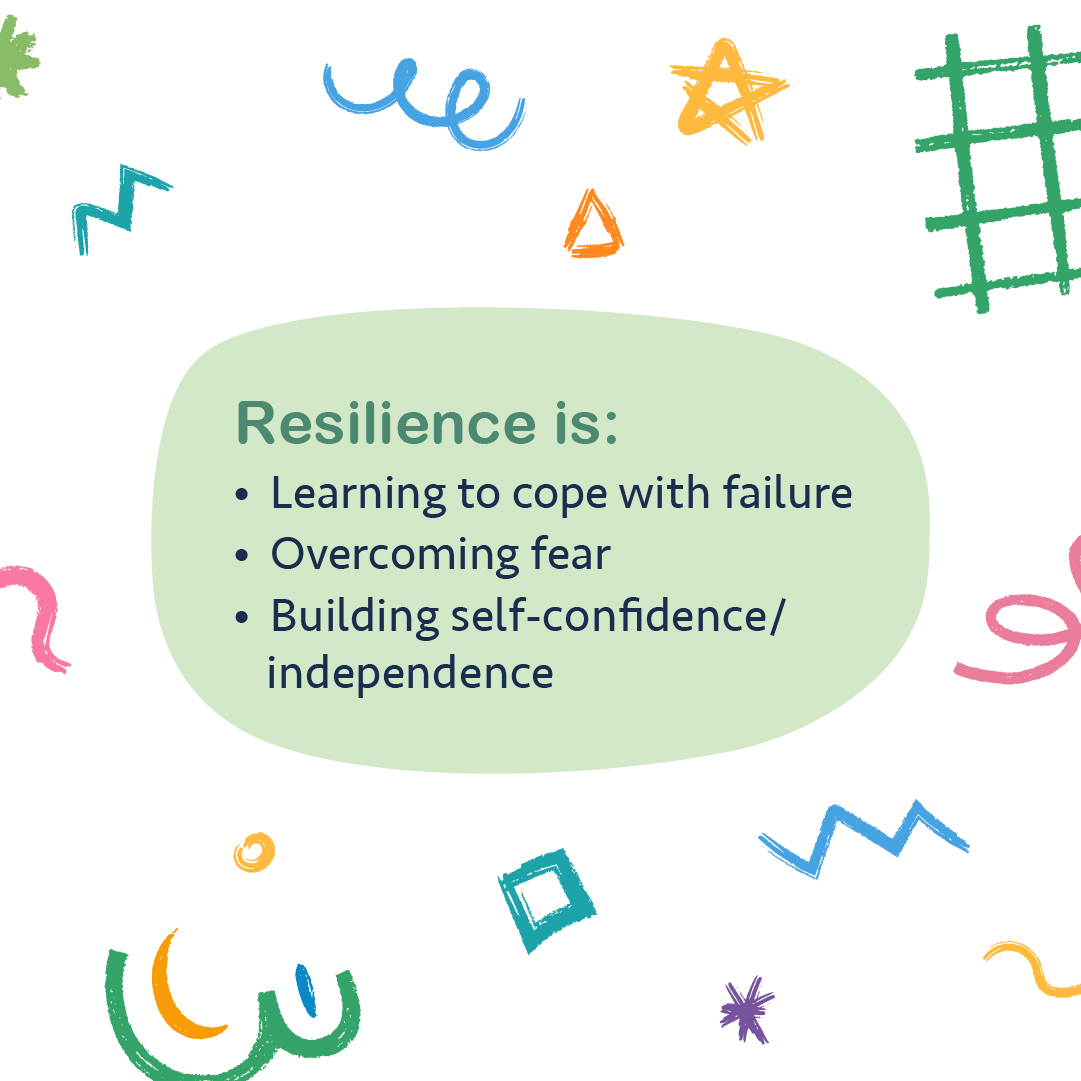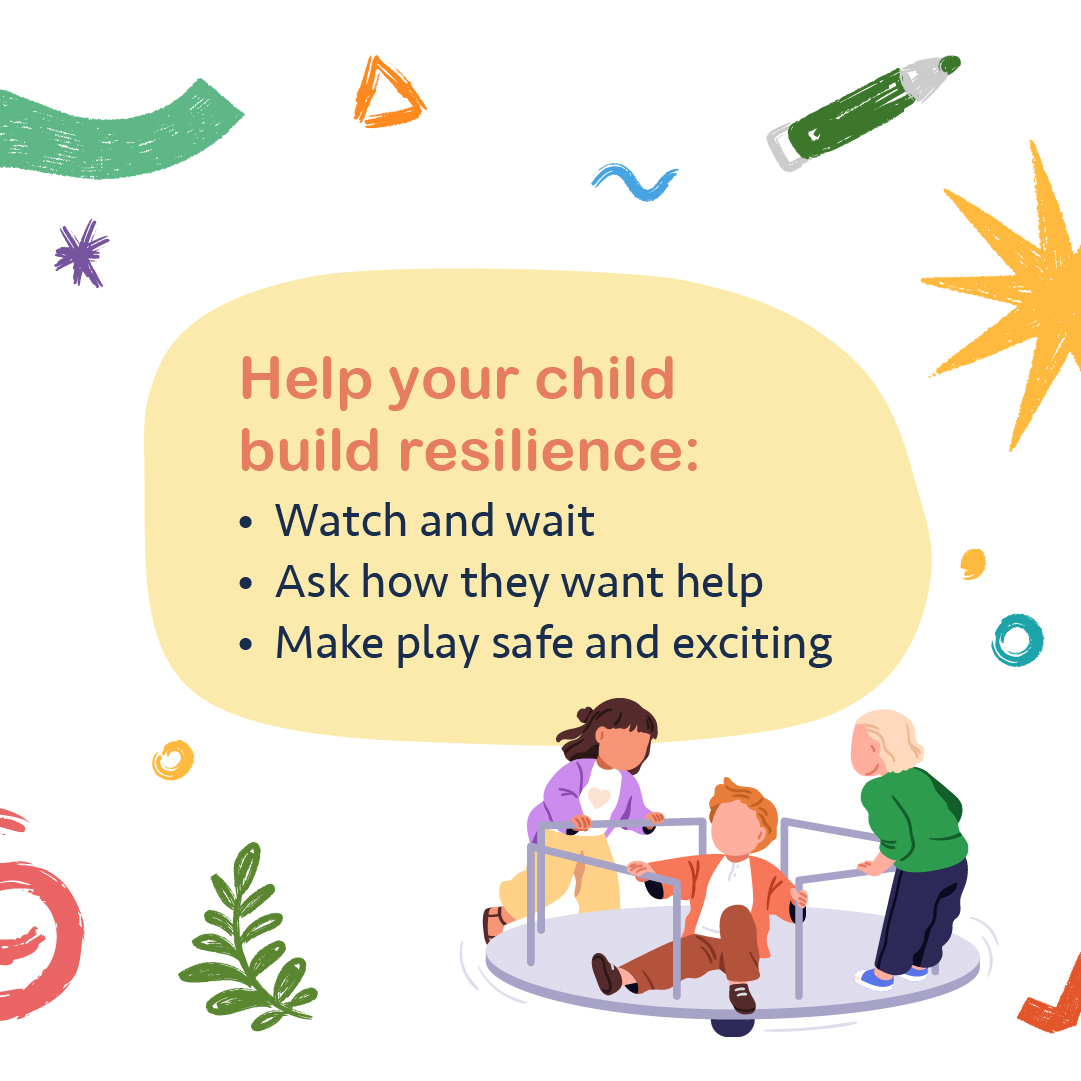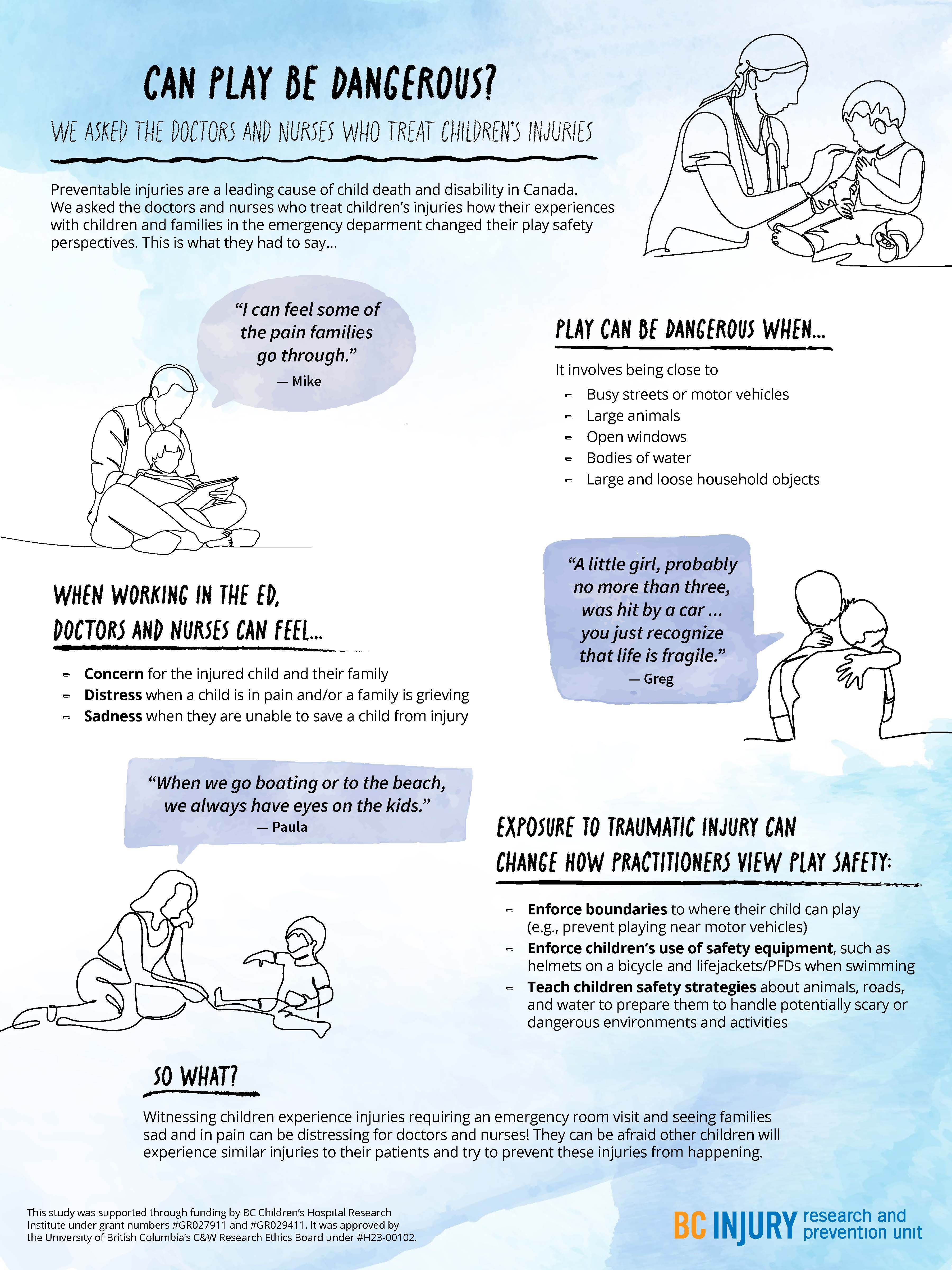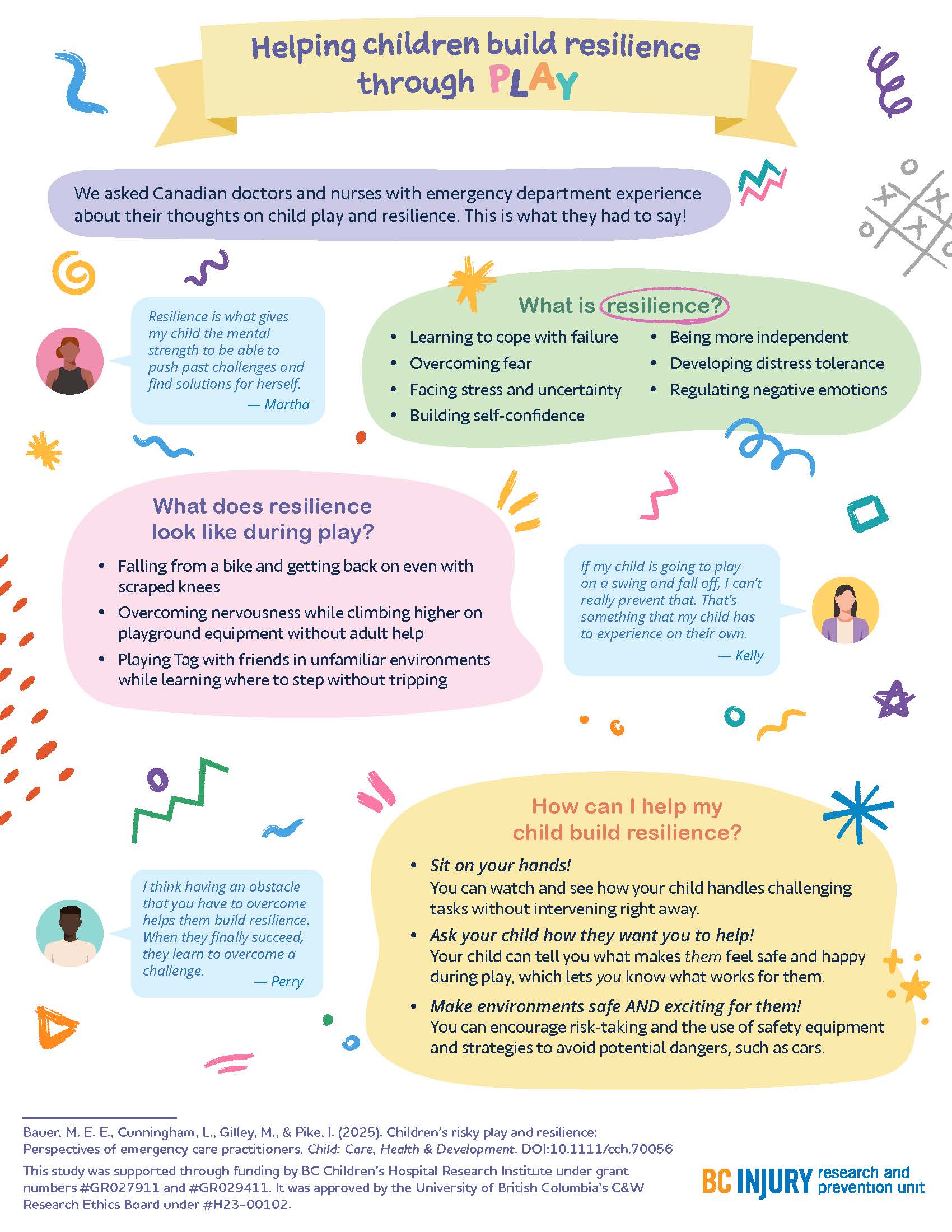BCIRPU Directorship Announcement


After two decades as Director of the BC Injury Research and Prevention Unit (BCIRPU), Dr. Ian Pike is stepping down, effective March 31, 2024. He will continue his role as a Professor in the Department of Pediatrics and his work at the BCIRPU.
Throughout his tenure, Dr. Pike had the privilege to lead a most dedicated andtalented team of injury prevention investigators, trainees and students. Under Dr. Pike’s guidance, the BCIRPU has flourished into a hub of excellence, fostering collaboration among researchers, policymakers, and community stakeholders to develop evidence-based strategies that save lives and prevent injuries. His commitment to bridging the gap between research and practice has led to the implementation of numerous initiatives that have had a tangible impact on the lives of individuals and families across the province. Beyond these accomplishments, Dr. Pike’s mentorship has inspired many individuals to pursue careers in injury prevention, leaving a legacy that will continue to shape the field for years to come. His warmth, humility, and unwavering dedication to his work have earned him the respect and admiration of colleagues and peers alike.
As Dr. Pike begins the next chapter of his journey, we extend our sincere thanks for his exemplary leadership, tireless advocacy, and important impact on the field of injury prevention. His legacy will endure as a testament to the power of passion, perseverance, and compassion in creating a safer and healthier world for all.
Introducing Dr. Shelina Babul: An Empowering Leader in Injury Prevention

As a new chapter begins at the BC Injury Research and Prevention Unit (BCIRPU), it is with great excitement and anticipation that we welcome Dr. Shelina Babul as the incoming Director. Being with the unit for 25 years, gaining a wealth of experience, a passion for injury prevention, and a track record of leadership and international accomplishment in the area of concussion prevention, recognition and management, Dr. Babul embodies the qualities needed to propel the BCIRPU into a future of continued excellence and innovation.
Dr. Babul brings with her a distinguished career at BCIRPU as the Associate Director, demonstrating commitment to improving the health and well-being of children and youth, their families and communities through injury prevention initiatives. Her expertise in injury prevention, coupled with her extensive work in the field, positions her to lead BCIRPU as an authority in the quest to mitigate the impact of preventable injuries on individuals and families.
Throughout her career, Dr. Babul has demonstrated a keen ability to translate research into action, working collaboratively with diverse stakeholders to develop and implement evidence based strategies that prevent injuries and save lives. Her empowering leadership style, coupled with her dedication to fostering partnerships and promoting equity, promises to further elevate the BCIRPU’s impact on a local, national, and global scale. In addition, she has forged enduring and trusting relationships and partnerships with key stakeholders at the local, provincial, national and international level. As we embark on this new chapter under Dr. Babul’s guidance, we are inspired by her vision, passion, and confident in her ability to lead the BCIRPU towards continued success and innovation in the field of injury prevention.
- distress when a child was in pain and when a family was grieving; and
- sadness in the event they were not able to save a child in their care.
- concern for the injured child and the child’s family;
Particularly traumatic events, such as those involving vivid sights and sounds (e.g., families holding each other and having extreme reactions), stuck with the practitioners, having long-lasting impressions on them and causing them to re-live these events in the years following their exposure.
Even after their shift was over, practitioners said that they changed how they approached parenting and how they perceived safety during play as a result of witnessing these traumatic events. They reported having more knowledge of the causes and consequences of severe injuries, such as those that require hospitalization or emergency care. For example, practitioners were more likely to enforce boundaries around where their children could play, such as by forbidding their child to play near busy streets. They also were more likely to tell their child about safe play environments and equipment, and put this equipment on their child before play, such as explaining the benefits of using helmets while riding bikes.
Practitioners were more likely to enforce boundaries around where their children could play, and use safety equipment, such as bike helmets.
Practitioners also described being concerned about their children’s play near open windows, around large bodies of water unsupervised, and in environments where firearms were present. They also expressed worry about their children’s play on trampolines and on motorized vehicles, such as ATVs. Findings related to trampoline play safety concerns were published in the journal Injury Prevention.
Observing family grief due to child injury or death affected the mental well-being of health care practitioners, drawing attention to the need for mental health supports for those involved in caring for severely injured and dying patients.


"Raise more resilient children through play...watch and see how your child handles challenging tasks without intervening right away." —Dr. Michelle Bauer
Building resilience through play
How can parents help their children build resilience? By letting them play!
The experiences that practitioners witnessed encouraged them to support their children in building resilience through play; specifically, by supporting children in learning to cope with failure, overcome fear, build self-confidence, develop distress tolerance, and regulate negative emotions. Findings related to building resilience through play were published in the journal Child: Care, Health, and Development.

Parents fostered resilience in their kids by:
- helping their kids get back on bikes after they fell off and wanted to try again;
- sitting on their hands so they did not instinctively reach for their children when their children fell down; and
- encouraging participation in challenging and thrilling activities in forests and water while safety equipment was used.
"There are a few ways that parents can raise more resilient children through play that are supported by literature and our study findings," said Dr. Bauer. "One: watch and see how your child handles challenging tasks without intervening right away."
"Two: Ask your child how they want you to help—let them tell you what makes them feel safe and happy during play. Let them lead. And three: make play both safe and exciting by encouraging risk-taking, teaching them how to avoid hazards, and using safety equipment.”
This research was supported through Drs. Bauer’s and Gilley’s receipt of a clinical and translational research seed grant from the BC Children’s Hospital Research Institute (BCCHR), Dr. Bauer’s BCCHR postdoctoral fellowship award, and additional training provided to Dr. Bauer through her participation in the Programs and Institutions Looking to Launch Academic Researchers (PILLAR) program through ENRICH, a national organization training perinatal and child health researchers.
Learn more about the study through two infographic posters:
Graphics and posters by Milica Radosavljevic











